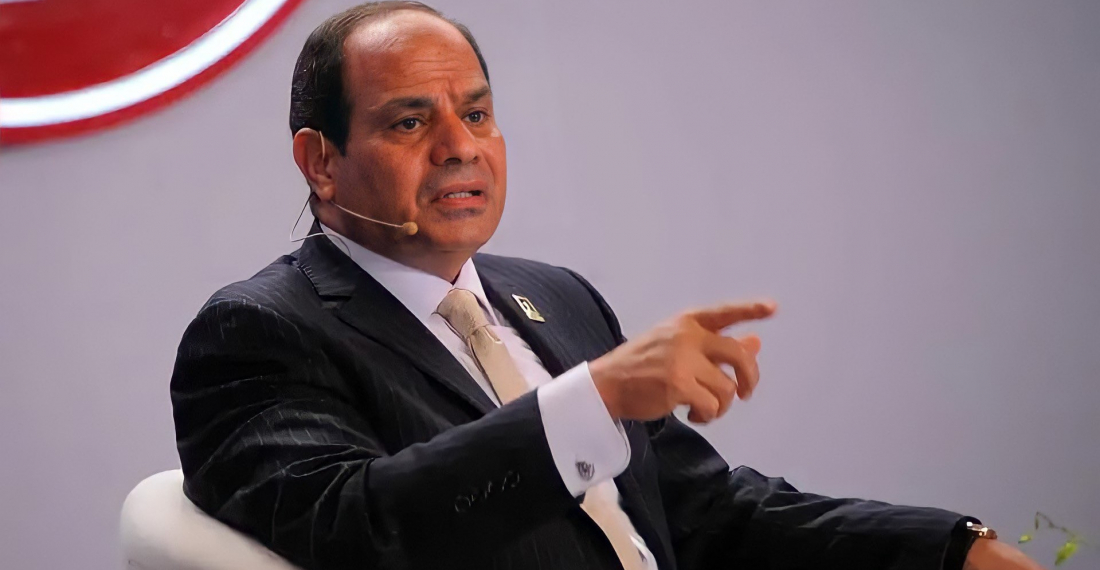Egyptian President Abdel Fattah El Sisi expressed Egypt's desire to reach a "binding, balanced agreement [...] without further delay" with Ethiopia, to end the long-lasting dispute on the Grand Ethiopian Renaissance Dam (GERD).
El Sisi’s comments came during the fourth Cairo Water Week, an event organised by the Egyptian Ministry of Water Resources and Irrigation in collaboration with national, regional and international partners. In his speech, El-Sisi did not insinuate that Egypt would seek a military solution to the crisis.
According to Egypt, a binding agreement with Ethiopia would help secure Ethiopia’s development and economic goals while limiting any harm to downstream countries.
Negotiations over the crisis have been halted since Ethiopia announced the completion of the second filling. Cairo resorted to the UN which delegated the task of mediation back to the African Union.
In September, the United Nations Security Council adopted a presidential statement encouraging Egypt, Sudan, and Ethiopia "to resume negotiations" to swiftly reach a jointly acceptable and binding agreement on filling and operating the dam.
El Sisi explained that Egypt has already been experiencing a water shortage.
"The annual share of water per capita does not exceed 650 m3 [while] the yearly international threshold for water poverty allocated by the United Nations is 1,000 m3 per capita," he argued.
El Sisi said that Cairo has drawn up a four-pronged strategy to manage its water resources through 2037 at an initial cost of up to $50 billion.
"The strategy aims to rationalise water usage, purify resources of water, provide additional water resources via establishing water treatment plants, and create a climate suitable for optimal water management," he noted.
The tone of the Egyptian leadership changed in the past few weeks after during the summer taking a harsher stance against Ethiopia.
Meanwhile, several news agencies reported that Ethiopia was getting ready for the third filling of the dam which could further complicate the dialogue process. Ethiopia is also ravaged by civil strife and the government wants to present a completed GERD project as soon as possible to gain support among the population.
Sudan’s fragile political situation which was exacerbated on Monday (25 October), following a military takeover also complicates the necessary environment needed for resuming negotiations.







